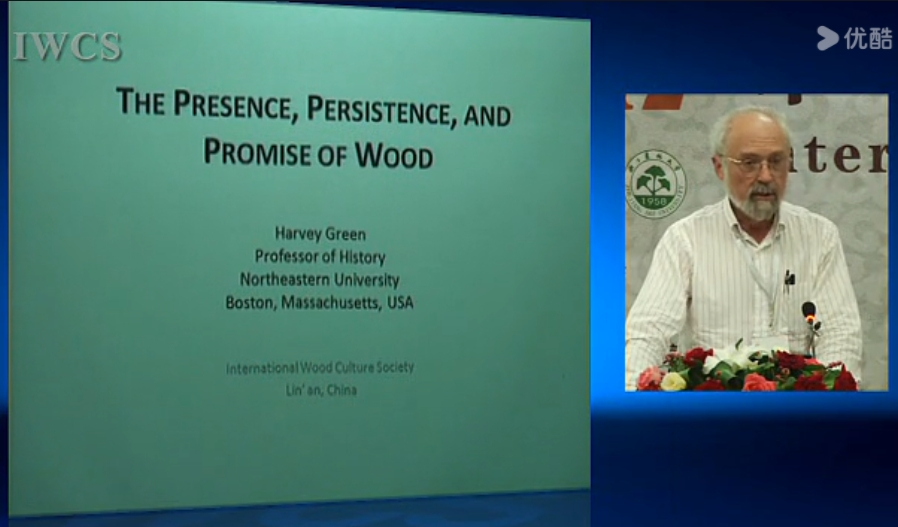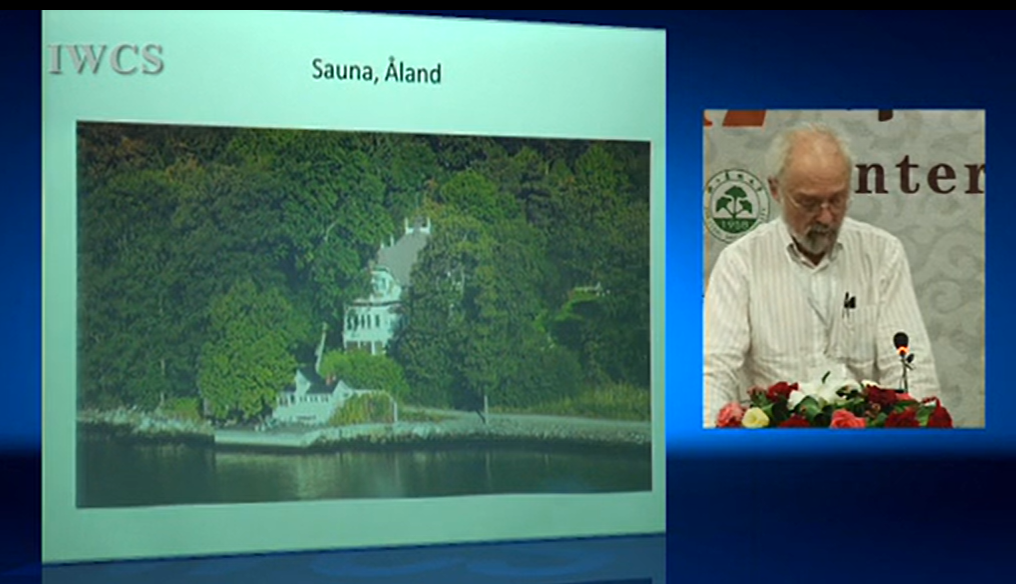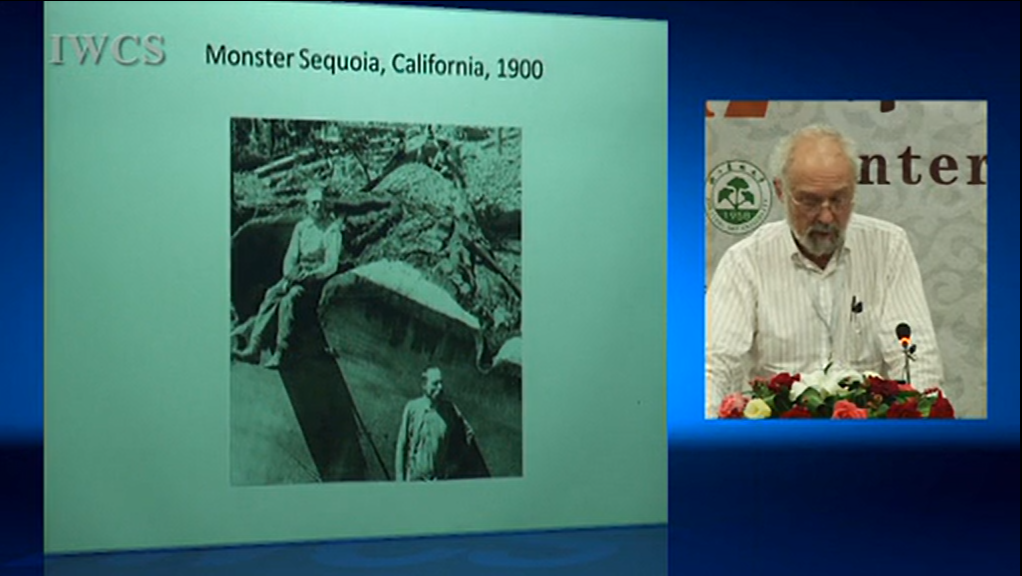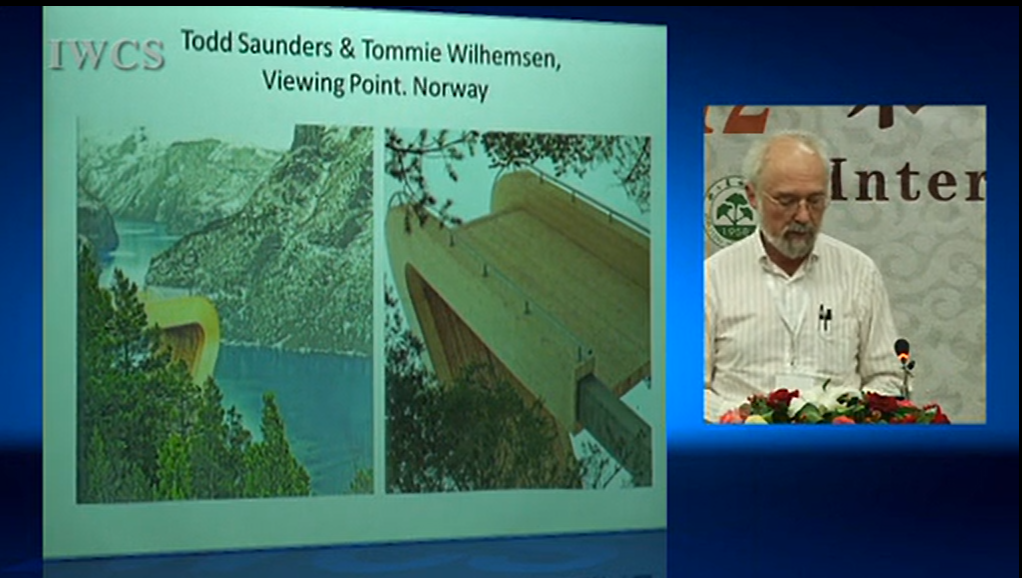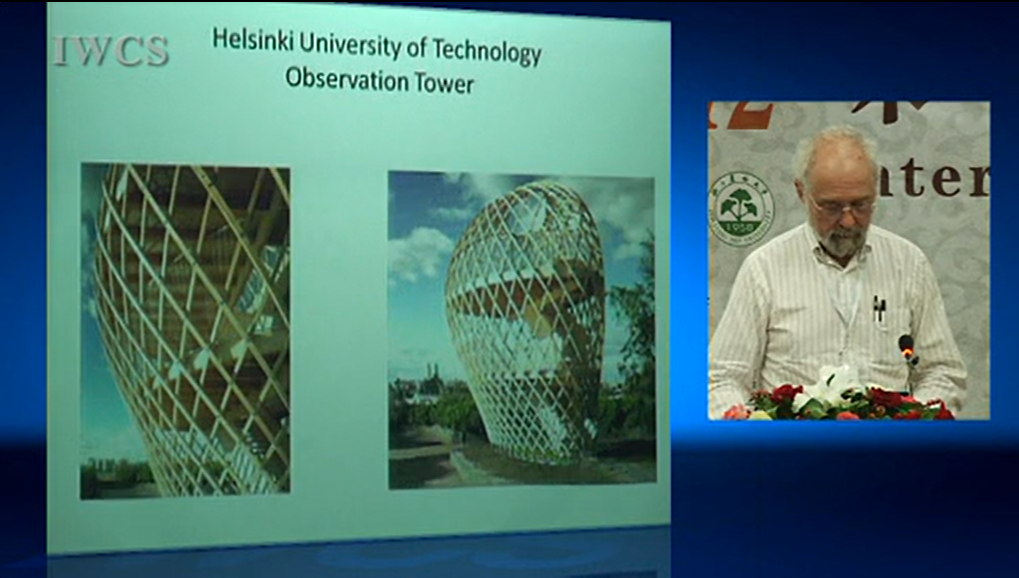活动名称:2012木文化国际研讨会
会议时间:2012年9月1日
会议地点:浙江农林大学图书馆报告厅
报告嘉宾:Harvey Green
Harvey Green博士现任美国东北大学(马萨诸塞州,波士顿)历史系教授。他的主要研究领域是美国文化史和物质文化。在他的四本著作和多篇文章中探讨了美国的家庭生活、医药和健康历史以及运动史。最近他开始着重研究人类文明中的木文化史。Harvey Green博士毕业于美国罗切斯特大学,在罗格斯大学(新泽西州立大学)获硕士学位和博士学位。
报告摘要:Why does wood persist in our lives? I believe it does so because wood has meaning beyond necessity, practicality and cost. Wood persists because it is a cultural material as well as a cultured material, with a long and deep history of human affect. Its symbolic presence is embodied in everything from the cross to the crossbow and the temple to the toothpick. People still build with it even though it is sometimes cheaper and more efficient to build with other materials. Wooden places of worship such as Norwegian stave churches and Maori marai, and long-surviving parts of wooden towns are valued and carefully preserved. These places are not necessarily where something “historically important” happened, but valued in large part because they are made of wood.
I believe it is the cultural power of wood-and by extension the forest-that endows it with qualities that seem to us somehow more historical and hence more real. Some conservationists argue that wood’s organic qualities indicate that it should be superseded as a material and fuel, but these associations are what make wood more desirable. That these distinctions are in fact not quite so easily drawn is beside the point.
责任编辑:iwcs25H


 9,036
9,036